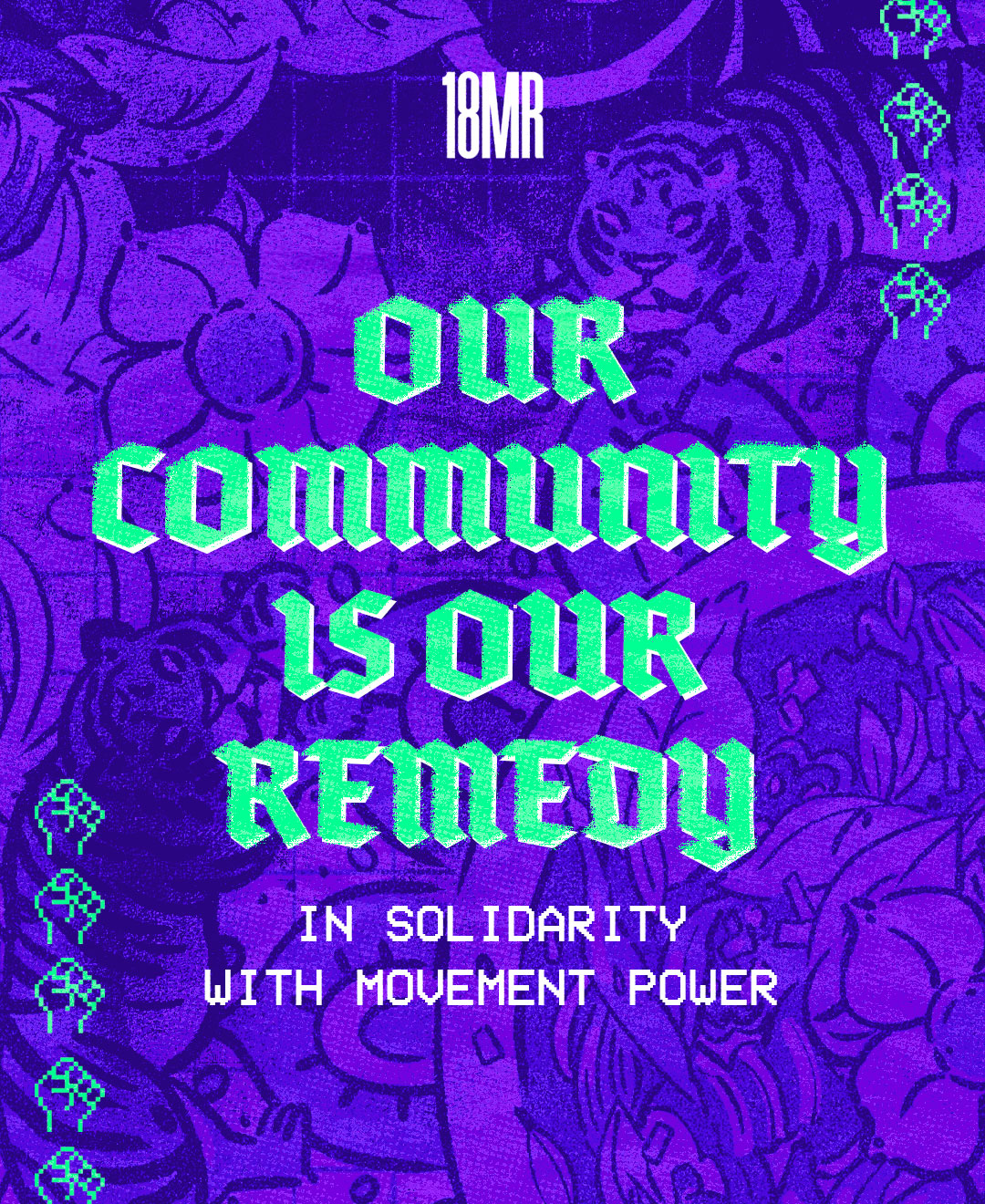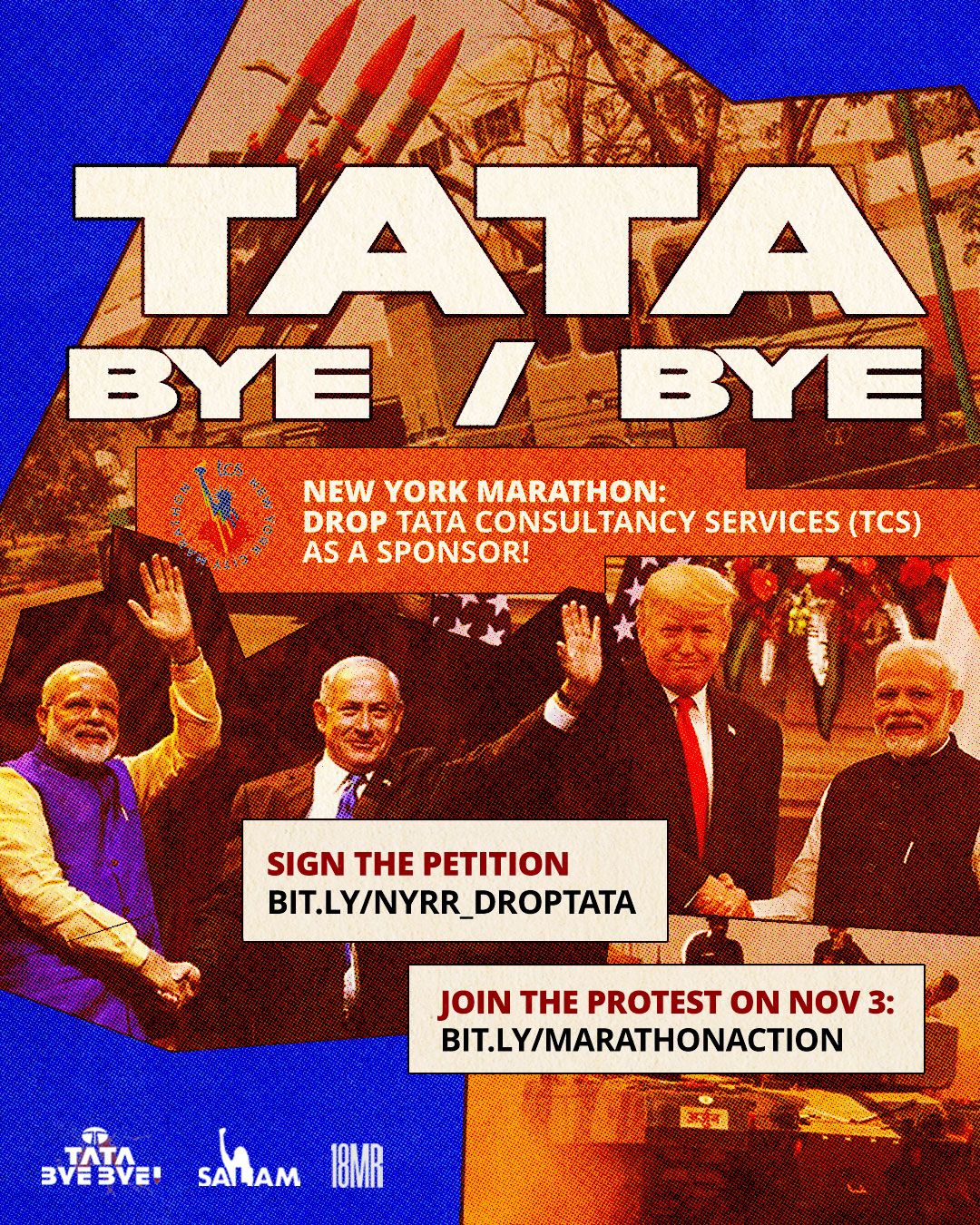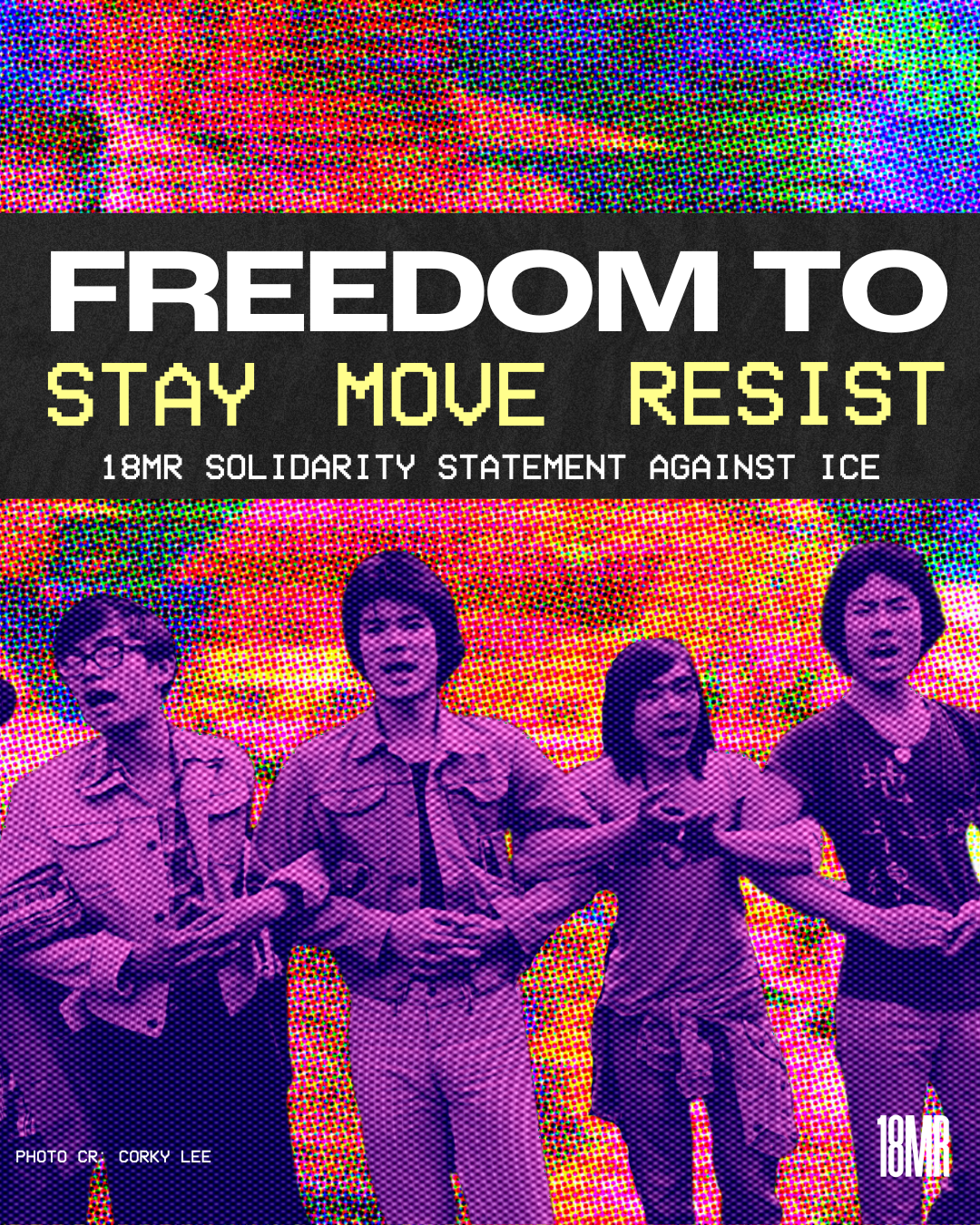UPDATE: On September 9, 2016, the Department of Justice, Department of the Army, and the Department of the Interior issued a joint statement halting construction of the pipeline on U.S. Army Corps land bordering or under Lake Oahe pending review. Despite the statement, Energy Transfer Parterns, the corporation behind the pipeline, has vowed to continue construction, which has reportedly resumed just 70 miles away from Lake Oahe.
We’re in the middle of a historic racial justice protest, but you wouldn’t know it from scanning the headlines of mainstream news outlets.
A massive standoff is raging in Standing Rock, North Dakota, as members of the Standing Rock Sioux tribe lead thousands of peaceful protesters to disrupt the construction of an oil pipeline they say would threaten their environmental and economic well-being and desecrate Sioux sites of cultural and religious importance.
The North Dakota Access Pipeline would run from North Dakota southeast through Illinois, eventually shuttling almost half a billion gallons of crude oil every day. And the standoff at Standing Rock is just the latest in centuries of Native American resistance and organizing against displacement and dispossession in the interests of U.S. government and corporations.
So, what’s this have to do with you and me? And what can we do about it?
At 18MR, we believe that our Asian American movement is strongest when it confronts the issues facing our communities – from language barriers at the ballot box and Hollywood misrepresentation to Islamophobic hate speech and violence – with a critical eye on the larger context of racial and economic power in which we’re situated.
Our Asian American tapestry, diverse and beautiful as it is, is woven on a fabric of Native American dispossession.
Our Asian American tapestry, diverse and beautiful as it is, is woven on a fabric of Native American dispossession. Our Chinese American elders who worked and died constructing the Transcontinental Railroad labored in service of white America’s vision of Manifest Destiny, a vision that necessitated the Trail of Tears. And our immigrant and refugee stories are too often co-opted in service of a “nation of immigrants” narrative that erases this country’s founding pillars of slavery and genocide.
But many Asian American activists have seen aspects of our struggle in the Native American experience. From Vietnam to Hiroshima to the Philippines, we are intimately familiar with the impacts of American empire and the devastation and displacement it brings. We have witnessed our Native Hawaiian and Pacific Islander kin struggle under U.S. occupation. These ongoing fights, like the fight to stop the construction of Thirty Meter Telescope atop the most sacred peak in the Hawaiian archipelago, mirror Standing Rock Sioux demands for self-determination on their tribal land.
The overlaps, and disconnects, between Asian American and Native American communities have moved some Asian American activists to stand in solidarity with Native communities. When members of the American Indian Movement staged a takeover of Alcatraz Island in 1970, and then at Wounded Knee in 1973, Asian Americans from San Francisco and Los Angeles joined them in solidarity, drawing connections between the oppression faced on reservations under the Bureau of Indian Affairs and the wartime atrocities suffered by Japanese Americans under the War Relocation Authority.
It is in this spirit of solidarity and shared struggle that we urge you to support the ongoing fight for Native livelihoods at Standing Rock. Here are a few things you can do:
-
Donate items from the Sacred Stone Camp supply list to keep protesters warm, clothed, and fed.
-
Contribute to the Sacred Stone Camp Legal Defense Fund to help cover legal costs for protesters resisting the construction of DAPL.
-
Help cover operational costs – for water, propane, food and blankets – at Sacred Stone Camp by donating to their GoFundMe campaign.
-
Support Red Warrior Camp, a sister site to Sacred Stone that is on the frontlines of DAPL resistance. You can donate to Red Warrior Camp’s legal fees, or send items from their Amazon wish list.
-
Sign the White House petition demanding an official response from the President.
-
Call North Dakota Governor Jack Dalrymple at (701) 328-2200 to demand protections for protesters and an end to hostilities against them.
-
Call or email your Congressional Representative or Senator. To find your representative, click here. You can find suggested language at the Standing Rock Sioux website.
-
Share independent news and commentary to spread awareness about DAPL, especially those centering Native American voices.
- Why The Founder of Standing Rock Sioux Camp Can’t Forget the Whitestone Massacre, Indian Country Today Media Network
- A History and Future of Resistance, Julian Brave NoiseCat and Anne Spice
- Rezpect our Water: Sign Our Petition, Standing Rock Youth
- Asian Americans, We Cannot Be Silent on the Dakota Access Pipeline, Reappropriate
As Asian Americans deeply invested in racial justice for all, we need to support the Standing Rock Sioux tribe in this crucial time.






 UPDATE 11/4/24 Download our FREE ZINE for you to print out, fold and distribute to your community. Though the Marathon is over, we still must inform […]
UPDATE 11/4/24 Download our FREE ZINE for you to print out, fold and distribute to your community. Though the Marathon is over, we still must inform […]





